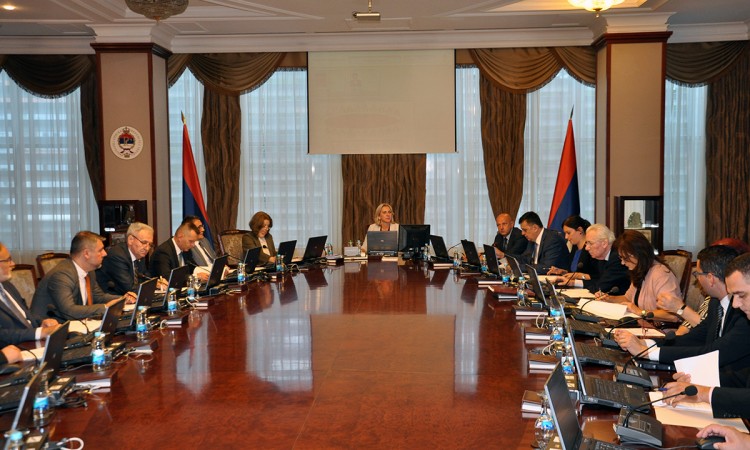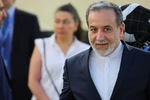
The Serb-dominated Republika Srpska (RS) entity's government adopted its 21st report to the UN Security Council for the period November 2018 – April 2019, expressing his views on the key issues facing Bosnia, AND clarifying them to members of the Security Council and the international community.
Opening the report, they spoke of the standstill in the state-level government formation process after the October general election, blaming the main Bosniak party, the Democratic Action Party (SDA) for it.
“The SDA is blocking the appointment of new ministers, keeping the Serb coalition that won the election, away from state functions, thus denying the will of RS voters,” the report said.
Calling the standstill an “anti-Constitutional blockade,” they said it must end because it is preventing Bosnia's European accession process and economic reforms.
In the second part of the report, they state that the RS supports Bosnia's cooperation with NATO, but that this entity is against the country joining any military alliance.
“The RS has the right to express its views on such matters, especially because the State Constitution gives the RS National Assembly key role in ratifying agreements,” the report reads.
The Serb-dominated entity adopted a Resolution on Military Neutrality in 2017, stating its opposition to joining any military alliance and that they will follow Serbia's lead on this, despite many international agreements guaranteeing Bosnia's cooperation and integration into NATO.
It added that there is no correlation between Bosnia's EU and NATO integrations, noting that Bosnia cannot sustain an increase in military spending, as required by NATO membership.
In part seven of the report, the RS government explained the recently formed international commissions which would research the war-time suffering in Sarajevo and Srebrenica.
“It was necessary to establish a commission for Sarajevo, which will investigate the suffering of the Sarajevo Serbs because the Federation of Bosnia and Herzegovina (FBiH) entity did not establish it, as Bosnia's Human Rights Chamber ordered many years ago. The Srebrenica commission will investigate the suffering of victims from the Srebrenica area, regardless of their nationality,” the report said, adding that the commission is not an attempt to deny the great crimes committed against Bosniaks, nor to neglect the suffering of Serbs, as was the case in previous surveys.
Bosnia's main ethnic groups do not have a common stance on the events that took place during the war in the early 1990s. The leadership in the RS never accepted or acknowledged international court rulings that what happened in Srebrenica was genocide, arguing that it was an atrocity that all sides in the war had suffered under.
On July 11, 1995, Bosnian Serb forces overran the eastern Bosnian enclave of Srebrenica and rounded up the town’s Muslim Bosniaks, separated men from women and little children and systematically executed some 8,000 men and boys.
The International Criminal Tribunal (ICTY) for the Former Yugoslavia and the International Court of Justice later ruled that the massacre was an act of genocide.
The RS authorities also deny taking part in some of the mass killings in the capital of Sarajevo, which were attributed to Bosnian Serb forces. This includes the biggest massacre that took place in the then-occupied capital, the Markale massacre.
Finally, in Part VIII, the RS emphasises its commitment to the Dayton Peace Agreement which ended the 1992-1995 war in Bosnia, as well as Bosnia's sovereignty. They insist that the Constitution (Annex 4 of the Dayton Peace Agreement) is consistently implemented and that the Office of the High Representative which oversees its civilian implementation and foreign judges in the Constitutional Court must be abolished.
Kakvo je tvoje mišljenje o ovome?
Učestvuj u diskusiji ili pročitaj komentare





 Srbija
Srbija
 Hrvatska
Hrvatska
 Slovenija
Slovenija



























































